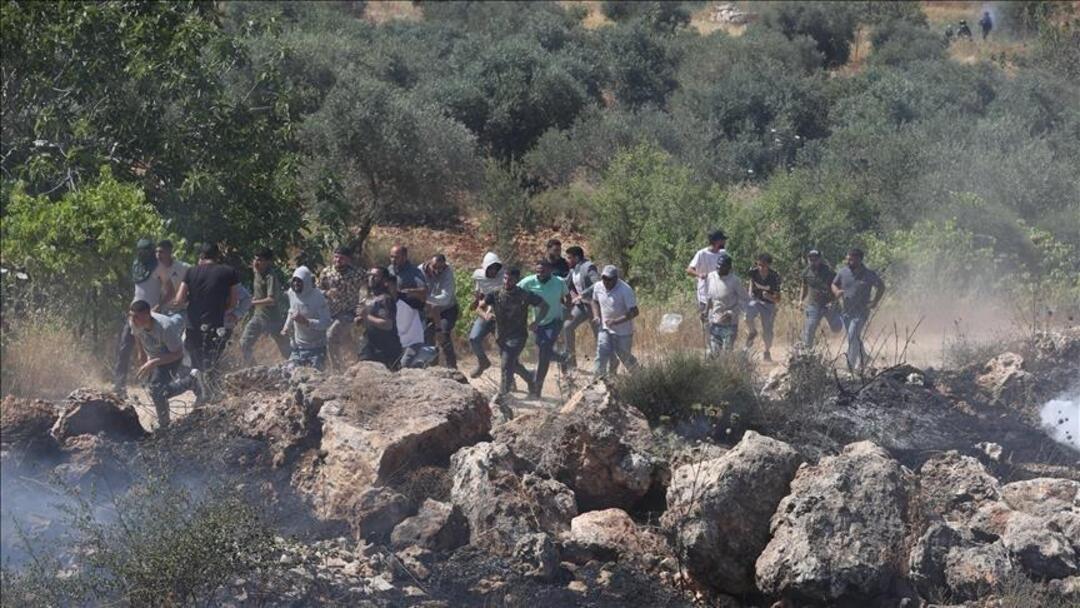-
Fears over the Consequences of Forming Armed Defense Committees in Palestinian Villages

In recent weeks, there has been a noticeable escalation in clashes between settlers and Palestinian residents across various areas of the West Bank. This has prompted some villages to consider forming local initiatives for armed self-defense. While these initiatives stem from a sense of danger and the need to protect residents, they have raised widespread concerns among Palestinian and Israeli security sources alike.
On one hand, the initiators believe that the lack of sufficient protection from the ongoing attacks by settlers compels local communities to seek alternatives to safeguard themselves and their lands. Some villages have actually begun organizing youth groups aiming to provide initial deterrence against potential attacks. Residents see this step as necessary given the perceived failure or neglect of official authorities to provide adequate security.
However, on the other hand, security sources warn that such actions could lead to catastrophic outcomes. The presence of armed local groups outside the formal framework might exacerbate internal tensions and sow seeds of division between factions and villages themselves. Moreover, these steps could provoke the Israeli army, which might see them as a direct threat and use them as a pretext to expand military interventions. This situation would place Palestinians in a complex confrontation and threaten the fragile Palestinian security infrastructure.
More dangerously, the uncontrolled spread of weapons among civilians could lead to internal conflicts or individual incidents escalating into larger clashes, weakening social cohesion and negatively impacting Palestinian unity. With the increasing likelihood of Israeli military retaliation, the chances of any existing security mechanisms collapsing become greater, potentially leading communities to lose control over their situations.
Amid these challenges, observers emphasize that the solution lies in strengthening official security frameworks and activating international protections for civilians, rather than leaving matters to individual initiatives that could have unpredictable and dangerous consequences. They also call for political and diplomatic leadership to intervene to reduce attacks and provide real guarantees to the population, before the idea of "self-defense" turns into a broad escalation spark.
Tags
You May Also Like
Popular Posts
Caricature
opinion
Report
ads
Newsletter
Subscribe to our mailing list to get the new updates!






















